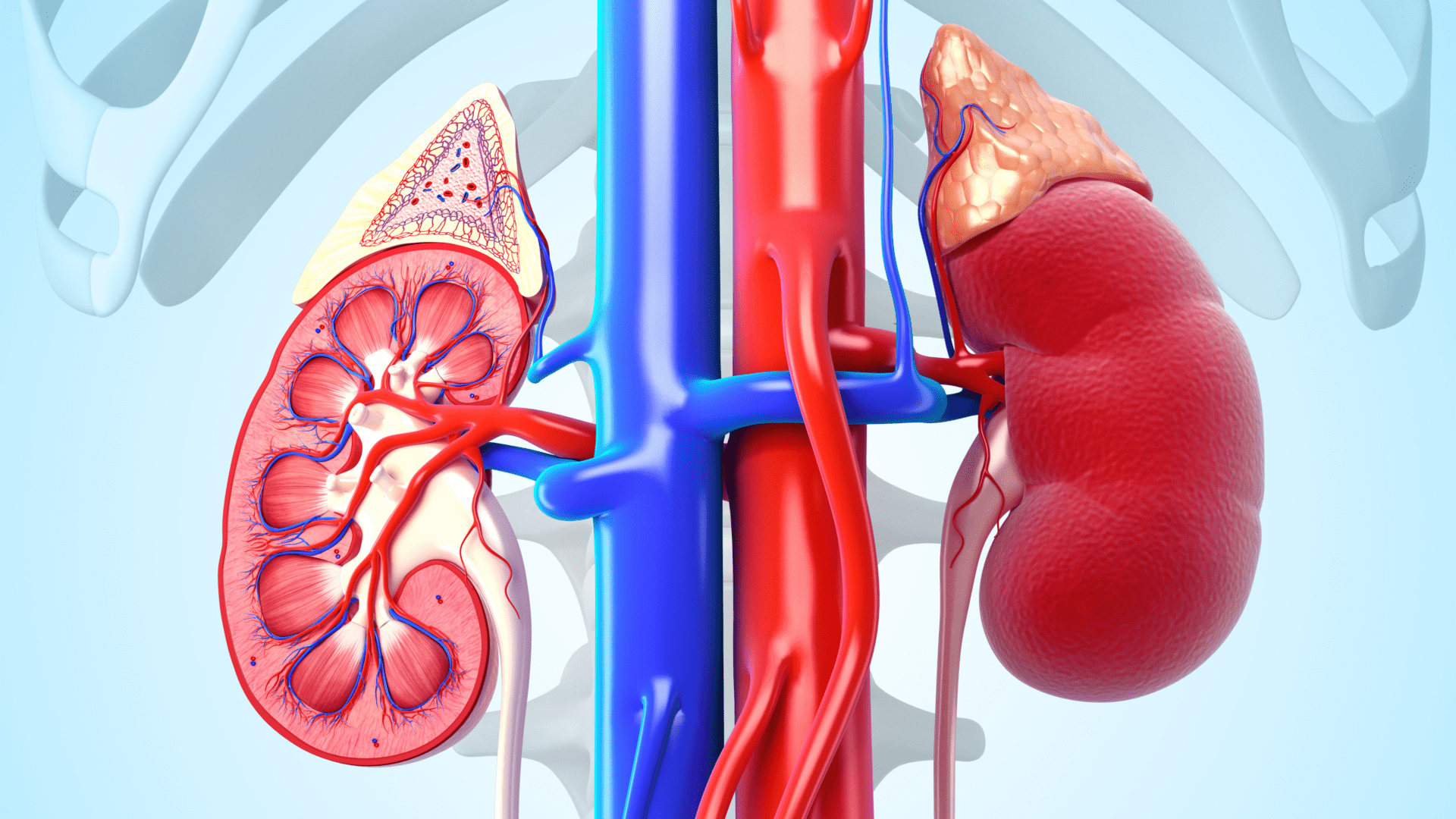Potentiometric sensor for creatinine: renal health monitoring
The collaboration between the groups of Prof. Pau Ballester (ICIQ) and Prof. Francisco J. Andrade (URV) has allowed the development of the first effective sensor for the selective potentiometric detection of creatinine in body fluids.
Creatinine is a byproduct of muscle metabolism that is generated continuously in the human body. It is released into the bloodstream and then excreted by the kidneys. An increase in the blood level of creatinine means that the kidneys are not doing their job well. Therefore, its measurement is useful in the diagnosis of various kidney diseases, and permanent control is important in those patients requiring dialysis. Despite the importance of an accurate quantification of creatinine levels, the current methods used for their determination in laboratories and hospitals are complicated, limited and, quite often, the interference from other metabolites can lead to an error in the measurement.
Description of solution
In this context the research groups of professors Ballester and Andrade have developed a sensor suitable for the determination of creatinine in biological fluids such as urine or plasma in an accurate, fast, simple, and cost-effective way. The system consists of an electrode with a polymeric membrane that contains an embedded calix[4]pyrrole based ionophore which has a strong affinity towards creatinine and the creatinine cation. The sensor is highly sensitive with a limit of detection much lower than the normal levels of creatinine in urine or blood. But what is more important, it is highly selective. Some of the most severe interferences observed when sensing large organic cations in biological samples arise from the presence of K+ and Na+, which are typically vastly more prevalent than the creatininium cation. However, the present sensor displays an enhanced potentiometric response for the creatininium cation compared to those cations that exceeds the required threshold values by half an order of magnitude.
Collaborators
Fundació Institut Català d’Investigació Química (ICIQ), Institució Catalana de Recerca i Estudis Avançats (ICREA) and Universitat Rovira i Virgili (URV).
License
Patent licensed to Renalyse (CreatSens Health S.L.), an spin-off company from the Universitat Rovira i Virgili (URV).
-
Technology status
TRL 9 (clinical trials)
-
Sectors of application
Health
-
Inventors
Louis Adriaenssens, Pau Ballester, Francisco Javier Andrade, Pascal Blondeau, Francesc Xavier Rius, Tomá de Aquino Guinovart Pavón, Daniel Hernández Alonso
-
IP situation
- Licensed to Renalyse
- Patent PCT/EP2015/067241
- Publication date: 28/07/2016


Get started with an expert
Together, let’s create a brighter future providing solutions through a partnership
Connect with us


















